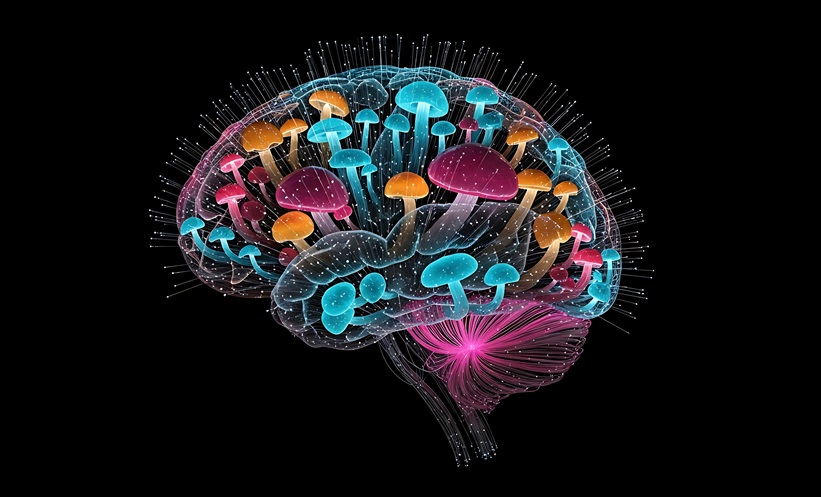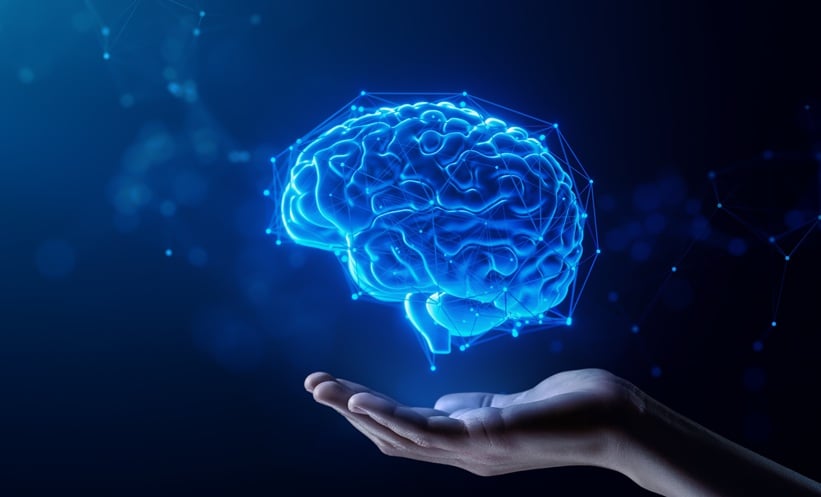A STRIKING discovery has emerged from a pioneering virtual clinical trial that suggests psychedelic drugs may boost brain activity in patients who fail to fully regain consciousness after a coma, offering new hope in an area where therapeutic options remain scarce.
Research into Disorders of Consciousness with Virtual Clinical Trial
In disorders of consciousness, the complexity of brain activity is substantially reduced, limiting patients’ ability to recover awareness. Researchers believe that administering psychedelic drugs, which are known to increase dynamical complexity in healthy individuals, could potentially enhance responsiveness in these patients. This virtual clinical trial therefore aimed to test whether modelling the effects of psilocybin and lysergic acid diethylamide could highlight a plausible neurological benefit.
Computational Brain Models Reveal Targeted Responses to Psychedelic Simulation
The research team constructed personalised computational models for each patient using MRI-based data, including functional MRI and diffusion-weighted imaging. They then simulated drug administration and analysed how the virtual brain networks reacted to artificial perturbations over time and magnitude.
The method was first validated by showing that responses to perturbations were lower in states of reduced consciousness, such as in patients with disorders of consciousness and in healthy people under anaesthesia, compared with normal waking states. Under psychedelics, however, perturbation produced a greater response than in healthy individuals not given the drug. In patients with DoC, the simulated use of LSD and psilocybin shifted brain activity towards more flexible and complex dynamics. The effect was strongest in minimally conscious state patients, while in unresponsive wakefulness syndrome patients the response correlated with structural connectivity. In contrast, minimally conscious patients showed a response linked to the efficiency of functional connectivity, despite both groups having similar structural connectivity strength.
Implications For Clinical Practice and Future Trial Design
These findings offer an early computational foundation for selecting the most suitable candidates for future studies and suggest that minimally conscious patients with strong functional connectivity may benefit most from psychedelic interventions. While substantial pre-clinical work is still needed before real world testing, this virtual clinical trial illustrates how personalised computational modelling may soon guide trial planning, refine treatment targeting and support precision medicine approaches in disorders of consciousness.
Reference
Alnagger NLN et al. A virtual clinical trial of psychedelics to treat patients with disorders of consciousness. Advanced Science. 2025;DOI:10.1002/advs.202511780.








